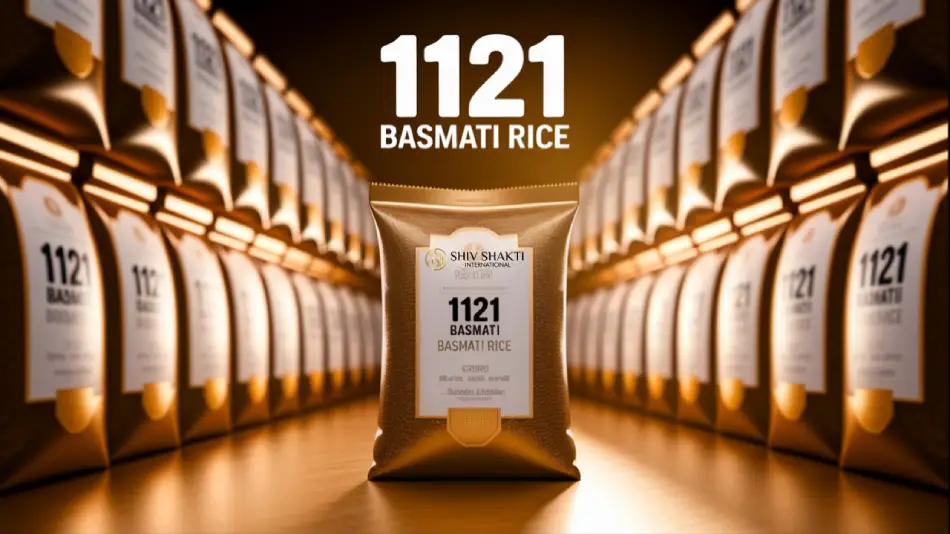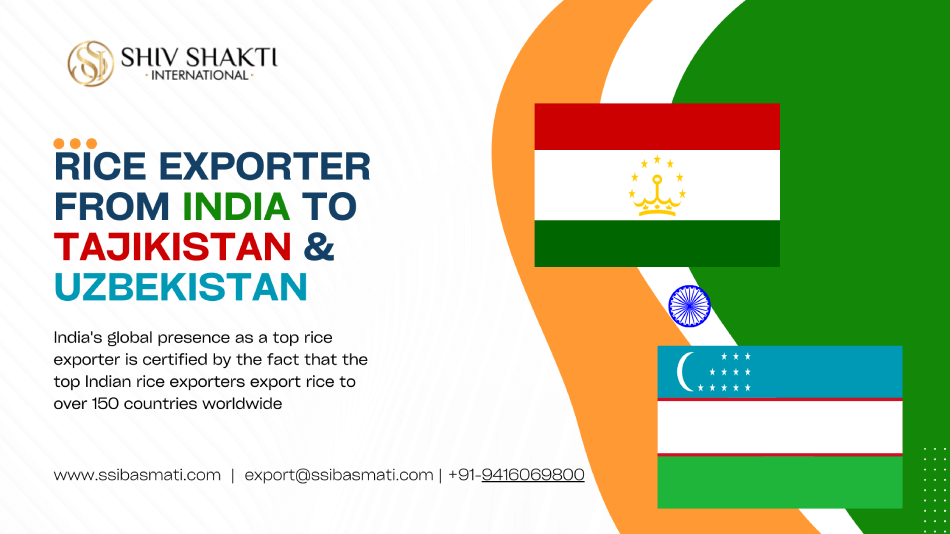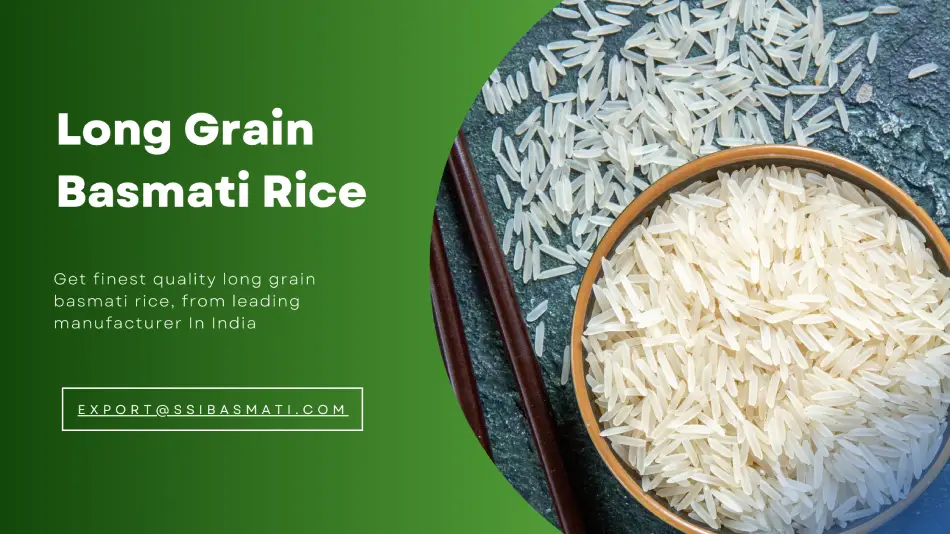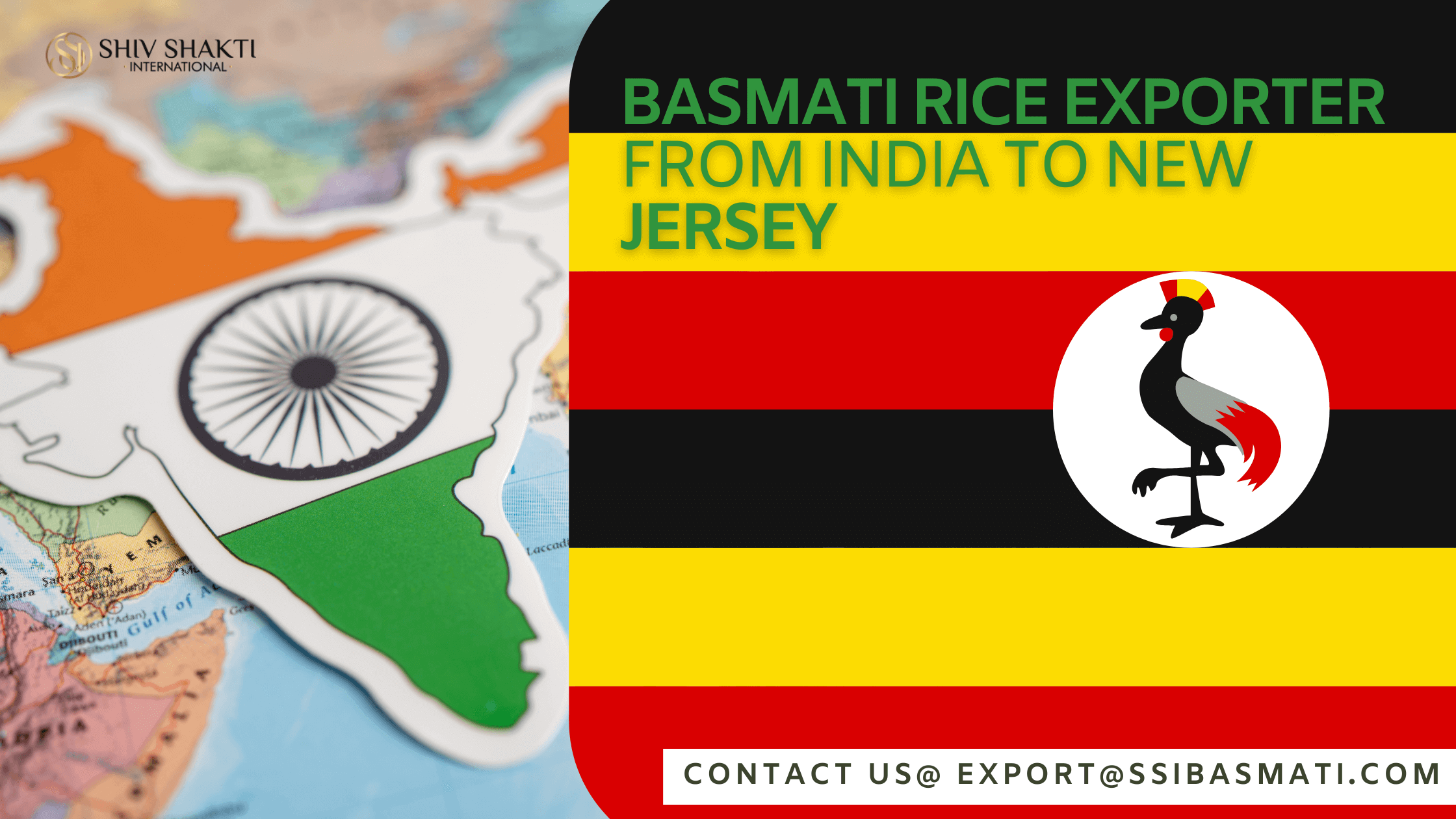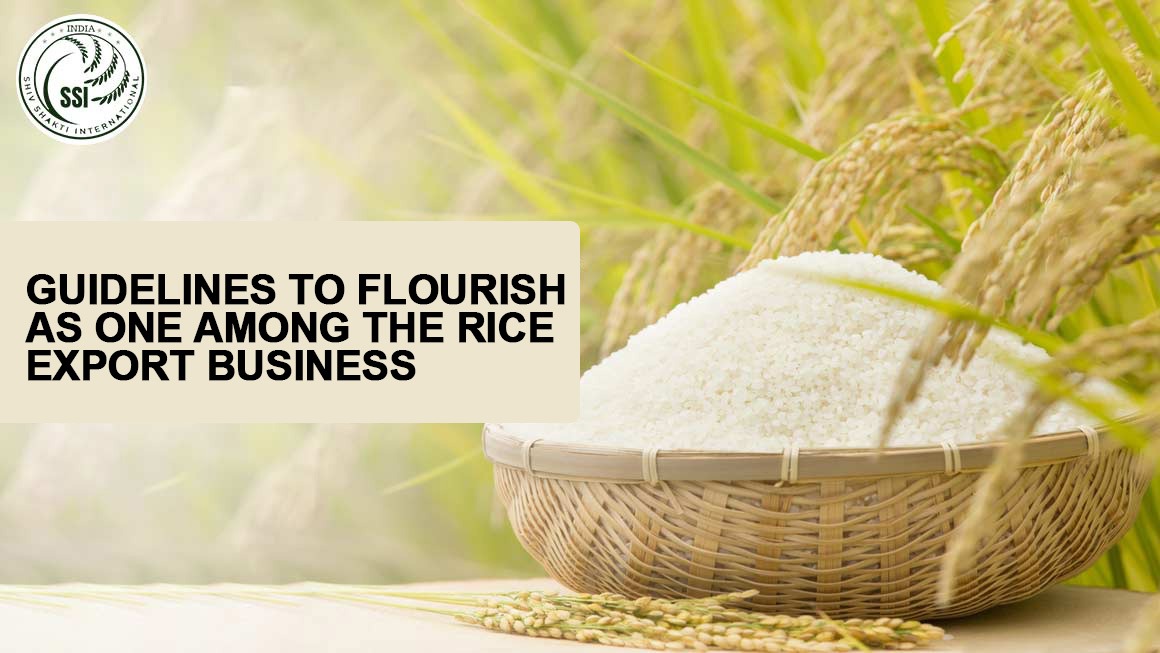
It is undeniable that rice is the staple food for most Indians and has got love from many countries like Iran, the United Kingdom, Saudi Arabia and more. In India, the primary food business segment is rice export, as rice grows well in this climate and has become a part of living for most families. People love consuming rice with different delicacies, and this demand has created an evergreen spot for rice export.
Also, the varieties of rice are myriad, which forms a huge collection base. There are crucial protocols to know and follow to commence and run a Rice Export Business. Not every business owner might be aware of it and hence going through the content would highly help complete the procedures.�
Register the company
To begin the journey of your rice export business, registering the company with the legal authorities is essential. It allows you to carry out business-related tasks without any problems. It is a legal business structure that pays you in the long run. Hence, ensuring to perform this step when establishing the business is ideal.
It takes around 2 weeks to complete the registration formalities, after which opening a bank account for the company is necessary. All transactions related to the export from foreign importing organizations should be done with this account. With this, the business functions smoothly in the future and sows seeds to grow as one of the Top Rice Exporters.�
Registration of trademark
It is high time for rice exporters to register with the Trademarks Act, of 1999, if they must deal with exports themselves. On the other side, protecting the trade name after registration is essential because it carries the company�s reputation.�
It gives a unique identity for the business owner to perform trading activities and prevent any fraud with the brand name. Understanding this need and acting accordingly, though it's not mandatory, would keep your company, away from conflicts.
Getting IEC and AD code
Exporting rice with other goods requires IEC, Import Export Code, and AD code (Authorized Dealer code). These are mandatory for proceeding with export services to foreign countries, and clearing the customs AD code is helpful for Rice Export Business. Currently, IEC and PAN numbers are the same, but you get a code if you apply on the portal. On the whole, for a smooth export to other countries, acquiring these codes is compulsory.
FSSAI Registration
As the company's primary concern is to export rice, as it is a food product, it's obvious to have an FSSAI license. It supports the quality of the product and improves the credibility of your brand. You become a recognized brand with this license where customers would doubtlessly believe your products and stay as long-term buyers.
The other critical registrations and certifications are the ISO, GST, FIEO and many more. These give your business the authority to perform a hassle-free export to the countries of your choice. Knowing the regulations of the import countries regarding import-export will make the procedures to follow lucid.
Believe brands like Shiv Shakti International from the export market to fulfil your high-quality rice requirements.���

